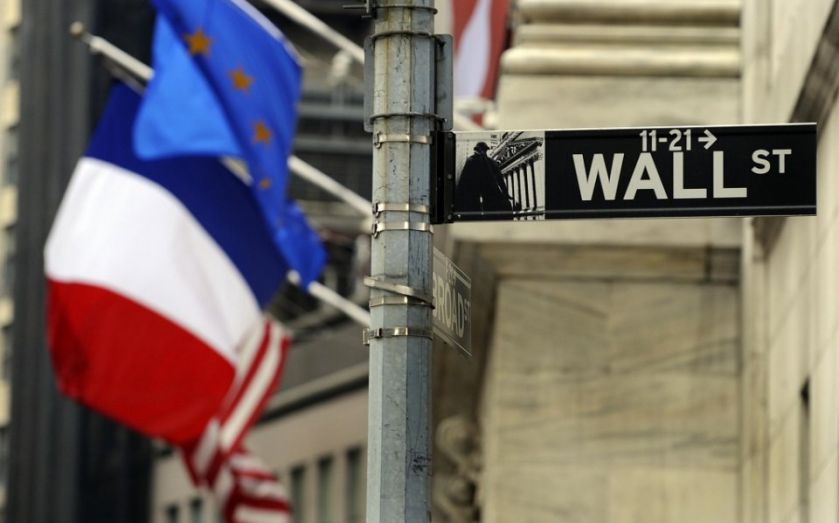Is France U-turning on the most controversial part of TTIP?

France in the midst of an intense political battle over the future of the Transatlantic Trade and Investment Partnership (TTIP). The proposed free trade deal between the US and the EU has been dogged by controversy, especially over the Investor-State Dispute Settlement (ISDS).
The ISDS is a mechanism that sets the ground rules for foreign companies investing in other countries. It allows an investor to bring a country's government to international court if they have broken the rules of prior agreements.
According to EurActiv, France's secretariat general for European Affairs (SGAE) is at odds with secretary of state for foreign trade Mathias Fekl, who has been viscerally opposed to the inclusion of ISDS.
In a letter addressed to French MPs, the SGAE said:
Although France believes the inclusion of an ISDS mechanism with the United States is not necessary, the proposed resolution settles the question in too categorical a way. It would be preferable to approach this delicate subject more carefully, and avoid setting a precedent, as the legal standards of some states are not equal to those in the United States.
The letter follows demands by the French Senate to exclude ISDS from the agreement. France's upper house called for fundamental reform of the mechanism, agreeing on a non-binding text to change ISDS "in order to ensure the complete transparency of debates and disclosure of proceedings, the independence and impartiality of arbitrators, and the effective establishment of a system of appeal against decisions before an independent tribunal".
Trades Unions and environmental groups have attacked TTIP claiming the ISDS will be used to undermine the authority of national governments to regulate companies and protect public services. However, the EPICENTER think tanks has argued that ISDS protects European and US companies from arbitrary government power:
There is nothing in ISDS that prevents governments from regulating, even when such actions severely damage the interests of foreign investors, as in expropriations or the banning of certain commercial activities.